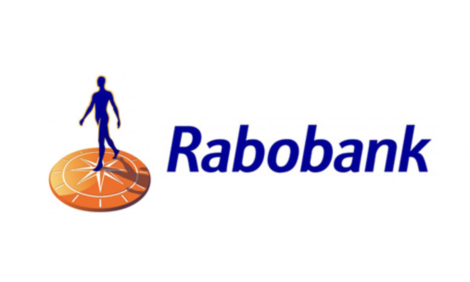



Improved Livestock Genetics Becomes a Priority In Russia
RUSSIA - The Agricultural National Priority Project (ANPP) announced in early September 2005 aims to increase domestic production of livestock and dairy products by providing interest-free loans to businesses that will construct and/or modernize livestock farming facilities.A big part of increasing domestic production will be large purchases of improved bovine and swine genetics as well as the purchase of genetically superior live animals from abroad. ANPP will provide foreign companies that sell genetic material tremendous business opportunities in Russia beginning 2006.
Summary
The Agricultural National Priority Project (ANPP) announced in September 2005 by President Putin aims to expand the quantity (and reduce the price of leasing) of pedigree livestock - dairy cattle, swine, beef and poultry - by expanding rural credit. The Coordination Council created to implement this agriculture development project is considering a draft resolution that would subsidize interest rates. This resolution will be submitted to the Finance Ministry in January 2006.
Genetics will be supported by subsidies that will reimburse the interest expense of loans for private farms, individuals, and agricultural consumer cooperatives for up to eight years on the condition that the loans were received from Russian credit institutions for the construction, refurbishment and modernization of livestock farming facilities.
Financing ANPP
The State budget will spend 16 billion rubles to implement ANPP in 2006 and 17.5 billion rubles in 2007. The implementation methodology for this national project is currently being developed with plans to begin in January 2006. The project envisions providing 8-year loans with federal and regional budgets picking up the interest rate expense. Subsidies will be passed through the government-owned Russian Agricultural Bank (Rosselkhozbank) and the government-owned Russian Agricultural Leasing Company (Rosagroleasing). The federal budget will cover two-thirds of the interest rate and the region's budget will be required to pay the other one-third. In effect, these loans will be "interest-free" and will encourage investment in Russia's meat and dairy industries.
According to the program, a total of 40 billion rubles will be invested in loans in 2006 to develop meat and dairy production. Prime Minister Mikhail Fradkov signed an order on November 14 setting out a schedule for preparing decrees for the implementation of National Priority Projects. The government press service reported recently that the decrees concerning Rosselkhozbank and Rosagroleasing would be submitted to the Cabinet by February 2006. The National Agricultural Development Program proposes increasing the charter capital of Rosselkhozbank by 3.7 billion rubles and that of Rosagroleasing by 8 billion rubles.
Farmers started receiving three and five-year loans with two-thirds of the interest rate funded by the federal budget in 2003. This loan program will continue.
Swine
According to the Ministry of Agriculture, a substantial portion of the ANPP is further expansions of existing programs such as the 2005 livestock projects initiative "Year of the Hog". Starting in 2006, an eight-year interest-free loan program will begin supporting hog farmers as well. Russian Meat Union officials announced that this program will encourage the purchase of foreign swine breeds with reduced fat content and high feed conversion ratios. The Russian government wants swine breeders to double their production and add one million metric tons of meat and poultry to the Russian market by 2007.
Comments
The ANPP will provide foreign companies that sell swine and bovine genetics the opportunity to significantly increase sales to the Russian market. The United States and Russia are currently negotiating a bovine semen veterinary certificate that will permit American companies to tap into Russia's growing market for animal genetics. The European Union has been exporting dairy and beef cattle as well as pigs to Russia for a long time and they are currently developing new veterinary certificates to facilitate the trade of live animals of improved breeds.
Source: USDA Foreign Agricultural Service - 4th January 2006








